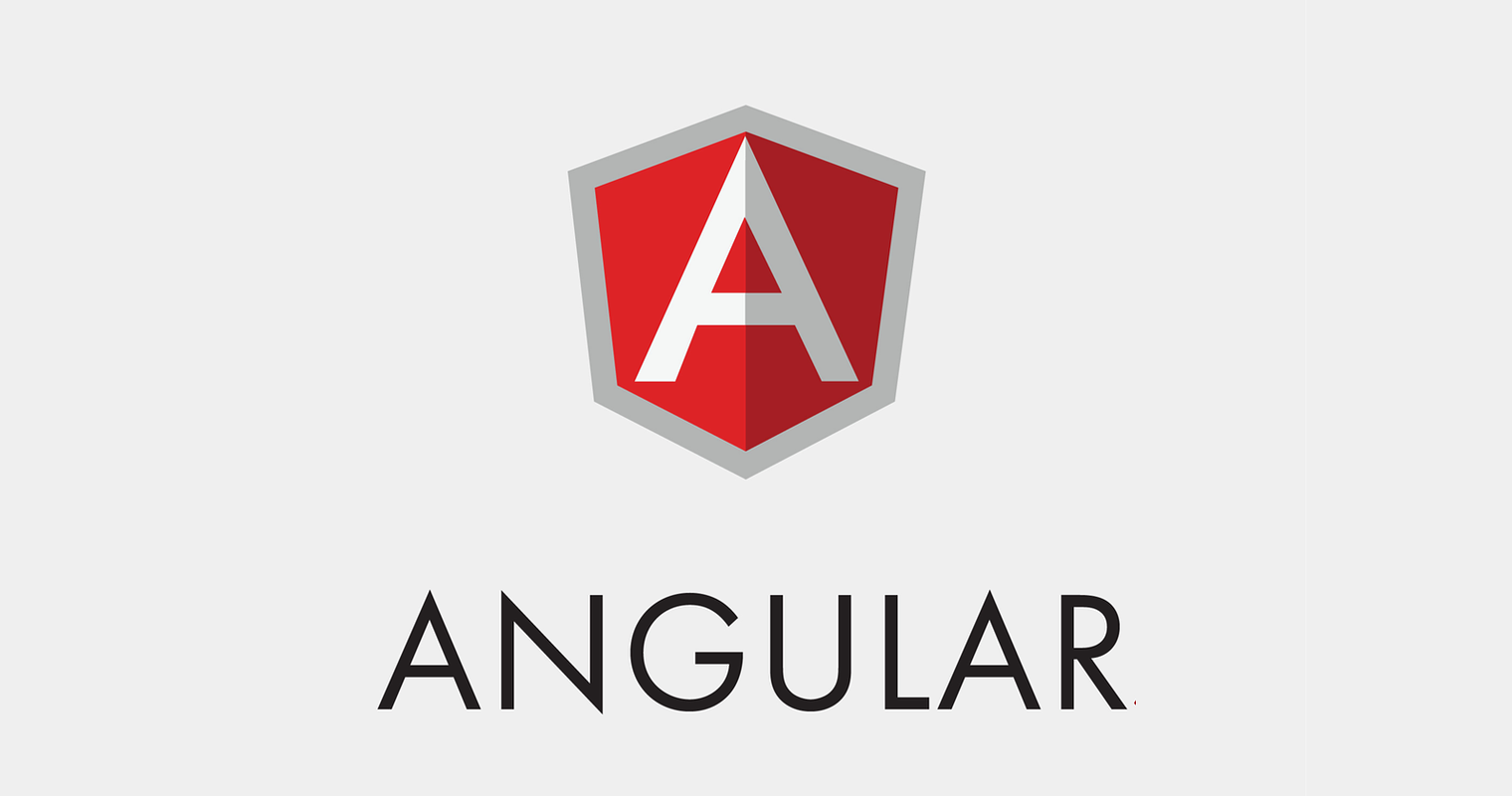Blog 17 - Angular
An Introduction to Angular
Angular is a free and open-source web application that is TypeScript based, and is led at Google by the Angular Team. The web application is a rewrite from the same exact team that developed AngularJS, and Angular is also used for the MEAN stack as the frontend. Consisting of other services/applications such as MongoDB and Express.js, Angular can be used as a web application server framework using Node.js as its server runtime environment. In order to learn more about Angular in this blog, we will be reviewing its history, comparing and contrasting its difference with AngularJS, and touching upon its advantages/disadvantages.

History of Angular
Angular has a specific naming convention due to the history of AngularJS. Since “Angular 2” was a rewrite from AngularJS that caused a lot of confusion with developers, the Team announced a new naming convention for Angular. This would include separate terms for the frameworks that would refer to the 1.x version and version 2 and above. For this reason, any 1.x versions are referred to as “AngularJS”, while “Angular” refers to the latest versions of the web application. The following are notable versions in Angular’s history that had drastic changes:
Version 3: Angular 4 was made to be backward compatible with Angular 2. Introduced the HttpClient, New router life cycles, and conditionally disable animations.Version 8: Dynamic imports, TypeScript 3.4 support. Faster re-build time, improved payload size and better template type checking.Version 9: Smaller bundle sizes, better debugging and type checking. Renewed build errors, and improved build times and internationalization.Version 10: CommonJS import warnings, Optional Strict Settings, Default Browser Configuration, Removals and Deprecations.
The current working version of angular is version 13, and also referred to as "Angular 13"
The major releases listed above as well as the yearly version releases stay supported for 18 months, which consist of active support through 6 months. This includes updates and patches, and then 12-months of long term support for Angular which focuses on significant or critical fixes.
Angular vs AngularJS
The differences between Angular and AngularJS reside in conceptual elements as well as primary architecture of the web application. Its important to note that Google designed Angular as a rewrite for AngularJS, which means although there are notable differences, there are just as many similarities. The first difference between Angular and AngularJS is that Angular does not have a “scope” concept. This means it employs components with a hierarchy that are differentiated with architectural traits. Angular also has a contrasting expression syntax with [] that can be used for property binding or () for binding of events. Microsoft’s TypeScript is also recommended for Angular developers as it can compatibly operate with Annotations and Static Typing. Moreover, Dynamic loading and Template Compilations that are Asynchronous differ in both Angular and AngularJS.

Angular Advantages & Disadvantages
Some advantages of Angular are its Enhanced Design Architecture and Modules. Its design architecture simplifies components, and makes it easier for new programmers/developers to join a project and collaborate when a project is already in progress. The Angular Team at Google specifically wanted to create a web application that would easily allow programmers to locate and develop code. Modules are also significant as they control pipes, services, directives and etc. They can be combined with each other to create an app, and the limiting of functions to the module solves the dreaded issue of exploitation within global functions.
Noted disadvantages with Angular include a Steep Learning Curve and Limited SEO Options. Although programmers who are well versed with Angular can hop in most collaborations when they are in progress, getting strated with the web application is not as easy. When compared to Vue or React, Angular has a steeper learning curve due to the array of large topics that must be covered to have a fundamental knowledge of basic concepts. SEO options are also limited along with poor accessibility for resources through search engines in Angular.
Learn More About Angular
To learn more about Angular visit their website and stay updated with the latest news/updates. Getting involved with Angular and learning new concepts can be started from their resources page. The Angular Blog is also a great way to stay in touch with the Angular community and learn about new developments in the real-world that employ Angular for their web applications.
Stay tuned for a new blog post next week!